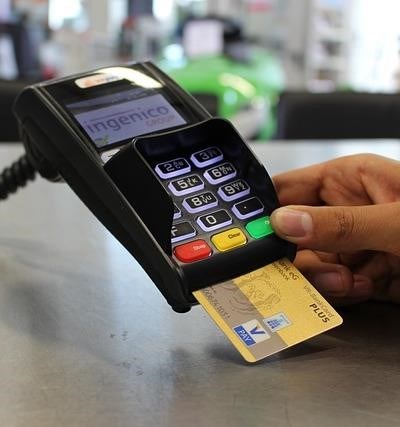
A denied credit card application can be frustrating. Understanding the reasons behind rejection is crucial for future success. Common credit card application denial reasons include low credit scores, high debt-to-income ratios, insufficient income, and negative information on your credit report.
First, obtain your credit report. Review it meticulously for credit report errors. Disputes should be filed immediately with the relevant credit bureaus; Addressing inaccuracies is a vital step in credit score improvement.
If your application was denied due to a low credit score, focus on improving credit score. This involves diligent debt management, timely bill payments, and reducing your credit utilization ratio. Consistent, responsible financial behavior is key to building credit. Consider credit repair services if needed, but research thoroughly.
Credit card alternatives exist for those with poor credit. Secured credit cards require a security deposit, mitigating risk for lenders. Bad credit credit cards may have higher interest rates but offer a path to credit rebuilding.
Before reapplying, enhance your financial literacy. Understand your creditworthiness and actively work towards improvement. A rejection doesn’t signify permanent exclusion; it’s an opportunity to improve your financial standing. Similar issues may lead to loan application denial, highlighting the importance of proactive credit management.

